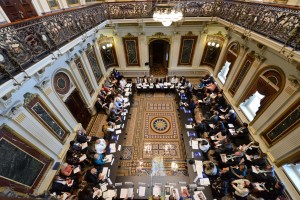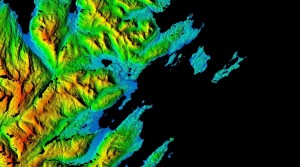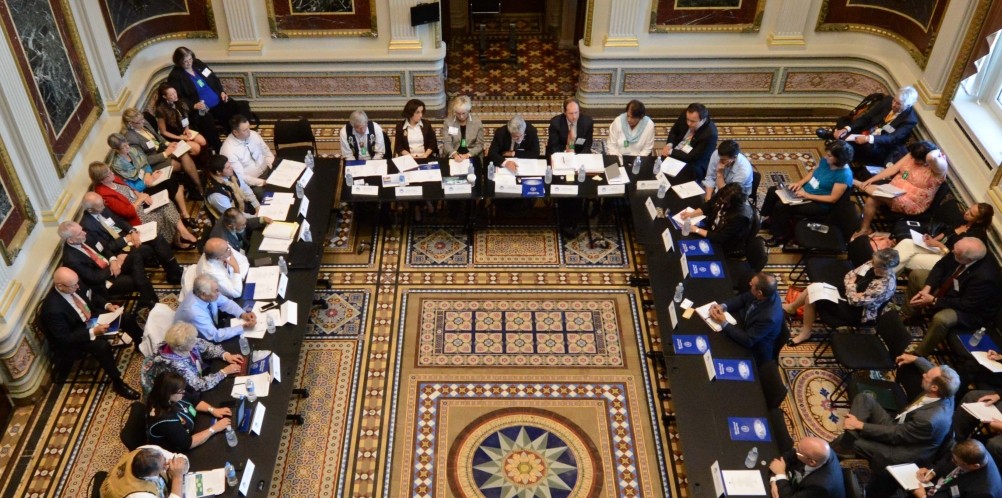
For many years, international dialogue about the Arctic has focused primarily on the clichés of stranded polar bears and a romanticized vision of a final frontier. In reality, the Arctic is a region that is incredibly more intricate, with complex and intertwined social, economic, and environmental systems. One goal of this project is to increase awareness of the Arctic as a complex region among policy makers and the public. This week, Washington DC played host to the first White House Arctic Science Ministerial, where representatives of the eight Arctic States, fourteen additional States, the European Union, and Arctic Indigenous communities met to assert the importance of improving collaborative science efforts in the Arctic.[i] This is welcome news to our network, which very much look forward to contributing to this growing, and vitally important, dialogue.
As with any major political event in Washington DC, coverage from the media soon followed. The Washington Post wrote a featured piece covering the warming of the Arctic climate and the growing political attention on the region.[ii] One overarching theme throughout these different press briefings and articles is the focus on international cooperation. With so many different nations and communities represented in the region, it is important to include all these actors when planning for the future.
Another big focus of the White House Ministerial and its press coverage was the need to increase observational capacities in the Arctic. Accordingly, the meeting announced the “release of a new satellite-based dataset that maps elevations across the Arctic at a resolution of 8 meters, with an expected further improvement to 2 meters next year.”[iii] The ministers also highlighted a number of new projects in the region “to record and evaluate the large volume of environmental changes being observed by the Arctic’s indigenous peoples in and around their communities.”[iv] By inviting local populations to share their knowledge of changes and opportunities to adapt, these projects aim to increase the awareness of Arctic issues and help prepare the region to take advantage of the opportunities resulting from the the rapid changes already underway.

The same changes that affect local indigenous communities will certainly affect Arctic urban populations, and as a result will have secondary effects on the social and economic systems of the region. Our project aims to create an index to rate the progress of sustainable development plans initiated in the region. This project will help assess the progress of such developments, focused on integrating locally sourced knowledge from our vast network of international research partners. It is our hope that by building a tool to measure sustainable development plans across the region, we can encourage cooperation and mutual learning.
[i] https://www.whitehouse.gov/the-press-office/2016/09/28/joint-statement-ministers
[ii] https://www.washingtonpost.com/news/energy-environment/wp/2016/09/28/the-arctic-is-being-utterly-transformed-and-were-just-starting-to-learn-the-consequences/?tid=sm_tw&utm_term=.426bf80de924
[iii] Ibid.
[iv] Ibid.
